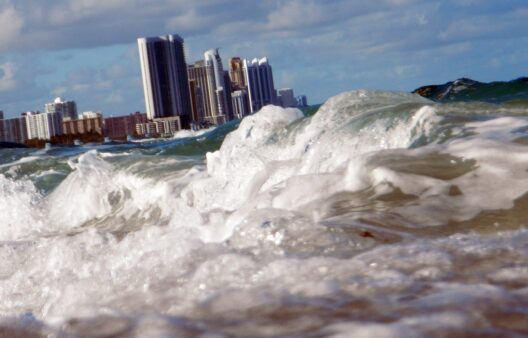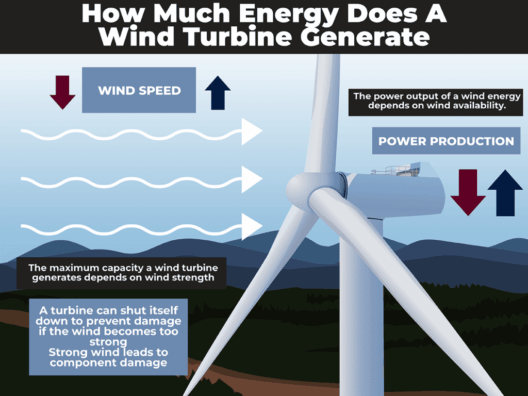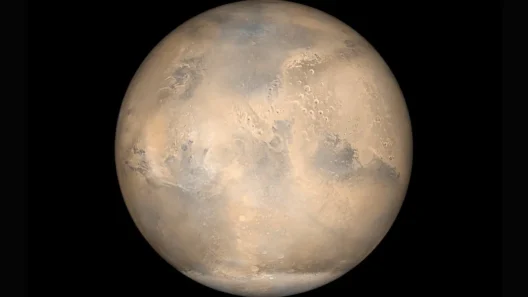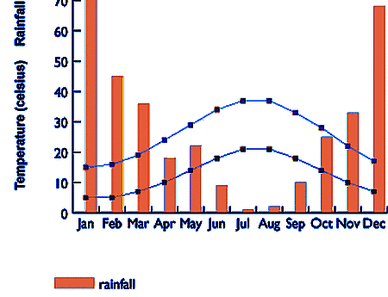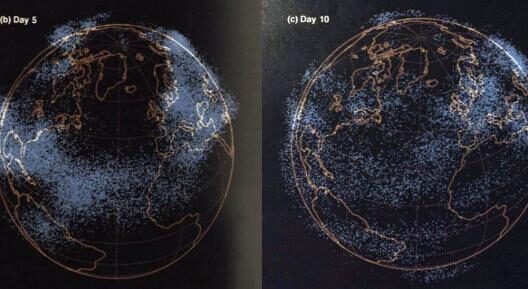The discourse surrounding climate change often evokes apocalyptic imagery, leading many to ponder an unnerving question: Will climate change end the world? This concern is both profound and multifaceted. Various sociopolitical, economic, and scientific reflections converge to shape this fascination, revealing deeper, often unsettling reasons behind the urgency of climate action. In exploring this stark reality, we begin to uncover the true implications of climate change for our planet and humanity as a whole.
The intricate dance between nature and human activity underscores the complex relationship we maintain with our environment. As temperatures rise and weather patterns shift, the consequences of climate change manifest in tangible ways. Devastating wildfires, rampaging floods, and unprecedented droughts serve as vivid reminders that our actions have repercussions. Yet, while these phenomena are alarming, they also invite critical introspection regarding our present trajectory and future sustainability.
The vulnerability of our planet’s ecosystems forms the bedrock of this conversation. The delicate equilibrium that characterizes these systems is being disrupted at an alarming rate. Marine ecosystems, for example, face unprecedented bleaching due to rising ocean temperatures, leading to the decimation of coral reefs—often referred to as the rainforests of the sea. The loss of these crucial habitats endangers countless species and, by extension, human livelihoods that depend on fishing and tourism. As biodiversity dwindles, the intricate web of life that sustains us becomes increasingly tenuous.
The Science Behind Climate Change: Understanding the Threat
Climate change is fundamentally driven by anthropogenic greenhouse gas emissions, primarily carbon dioxide and methane. Activities such as burning fossil fuels, industrial processes, and deforestation contribute significantly to this atmospheric saturation. The dire implications of these actions are now supported by an overwhelming consensus within the scientific community, reinforcing the urgency of our predicament. The Intergovernmental Panel on Climate Change (IPCC) has consistently warned that we must limit global warming to below 1.5 degrees Celsius above pre-industrial levels to avert catastrophic outcomes.
This temperature threshold is not arbitrary; it signifies a tipping point where feedback loops could spiral out of control. For instance, the melting of polar ice caps leads to decreased albedo effect, causing further warming. As the permafrost thaws, it releases stored methane—an even more potent greenhouse gas—into the atmosphere, exacerbating the climate crisis. Such self-amplifying cycles underscore the precariousness of our current trajectory, compelling urgent action and reevaluation of our ecological impact.
The Societal Impact: Are We Prepared for the Aftermath?
One of the most pressing issues surrounding climate change is the societal ramifications of widespread environmental degradation. Vulnerable populations are bearing the brunt of climate-related disasters, exacerbating existing inequalities. Extreme weather events often disproportionately affect marginalized communities who possess limited resources to adapt or recover. Furthermore, as natural resources dwindle, competition for water and arable land intensifies, leading to potential conflicts. These challenges pose not just an environmental threat but a profound humanitarian crisis.
Climate migration is already emerging as a pressing issue, with thousands being displaced due to rising sea levels and desertification. The plight of ‘climate refugees’ adds a geopolitical dimension to climate change, creating tensions between nations as they grapple with mass migration and strife over resources. Historical precedence reveals that environmental collapse can yield devastating outcomes; thus, these contemporary manifestations compel us to ponder whether we are adequately addressing the systemic issues at hand.
Denial and Disengagement: The Psychological Barriers
Despite the overwhelming evidence of climate change, societal denial continues to pervade. Cognitive dissonance plays a significant role, as individuals struggle to reconcile the immediate comforts of modern life with the long-term implications of their lifestyle choices. Psychological barriers can lead to disengagement from critical issues, promoting a sense of helplessness in the face of global challenges. This denial is often fueled by misinformation and organized resistance against climate action, creating a paradox where knowledge does not necessarily translate to actionable outcomes.
To combat such denial, it is vital to foster a culture of awareness and education. Engaging narratives that move beyond mere statistics can help personalize the climate crisis. Stories that connect communities with their environments and highlight the repercussions of inaction can ignite a sense of responsibility. Individuals must recognize their agency in this crisis; small actions, when scaled collectively, can have transformative effects.
The Path Forward: Hope Amidst Despair
While the future remains uncertain, it is crucial to acknowledge the potential for transformative change. Divestment from fossil fuels, advances in renewable energy technologies, and grassroots movements signify a shift towards sustainable practices. Furthermore, the international community has begun to unite under frameworks such as the Paris Agreement, aiming to collectively mitigate climate change through binding commitments.
Transitioning to a circular economy, where waste is minimized, and resources are reused, offers promising pathways toward sustainability. By invoking innovation and collaboration, society can foster resilient systems capable of withstanding environmental stresses. Education and engagement are critical in empowering individuals to take ownership of their environmental impact and drive systemic change.
As we ponder the question—Will climate change end the world?—it becomes clear that while the stakes are undeniably high, the power for meaningful change resides within our collective hands. The very notion of an impending apocalypse should not render us paralyzed by fear but galvanized by the possibility of redemption. By confronting our harsh reality and embracing our interconnectedness with the planet, humanity may yet navigate these tumultuous waters, steering towards a viable and sustainable future.




